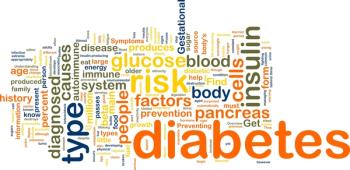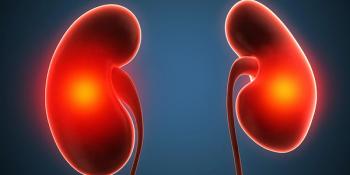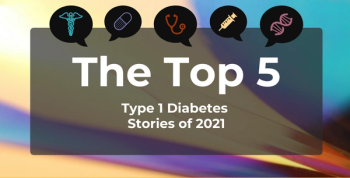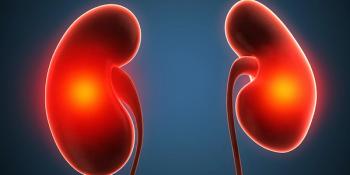
Type 1 Diabetes
Latest News
Latest Videos

CME Content
More News

Although the autoimmune response that reduces β cell numbers has often been the focus of research in type 1 diabetes (T1D), findings from a new study suggest proinflammatory signaling in islet β cells may play a significant role in disease progression.

Viral Shah, MD, an endocrinologist and scientist, discusses the growing field of research into the connections between type 1 diabetes (T1D) and osteoporosis.

The Diabetes-Specific Risk-Taking Inventory proved useful in assessing risk-taking behavior in adolescents with type 1 diabetes (T1D), but future research on potential interventions is needed.

Research supports markers like C-peptide not only for the diagnosis of type 1 diabetes (T1D), but also for patient management.

Despite the increased prevalence of insulin pump use over the past 2 decades, there have been few improvements in uptake of the devices among patients who are Black or who come from lower socioeconomic levels.

Findings of a study on children and adolescents with type 1 diabetes (T1D) in Italy suggest lockdown periods during COVID-19 did not increase disordered eating symptoms or adversely affect disease management.

Patients said they benefited from diabetes management technology, but also from social accountability.

Body mass index did not appear to correlate with glycemic control, the study found.

The study suggests blood pressure and cholesterol medications may be appropriate for some younger patients in order to prevent renal complications.

The findings could lead to new insights into how type 1 diabetes develops.

In some cases, however, the rate of decline is no different than that of the general population, according to new research.

All patients said insulin pump therapy helped their diabetes management related to exercise.

The group noted that this transformation should affect changes at every level, including at the individual level during patient visits, at the organization level in how clinical encounters are organized, and at the national level in both policies and guidelines for type 1 diabetes (T1D).

The new findings come from a 15-year study examining the natural course of C-peptide in children and adolescents with type 1 diabetes (T1D).

The most popular type 1 diabetes articles published in 2021 included new research on screening and updated coverage policy.

Results of a prospective study revealed several endothelial markers are associated with kidney dysfunction among children with type 1 diabetes.

Cynthia Rice, MPP, JDRF chief mission strategy officer, explains how Build Back Better would affect the cost of insulin.

Writing in The Lancet, researchers discuss disparities in type 1 diabetes care on the 100th anniversary of the discovery of insulin.

Findings of a small study conducted in Brazil indicate exercise prescribed to patients with type 1 diabetes (T1D) may need to be tailored based on sex.

Robert A. Gabbay, MD, PhD, chief scientific and medical officer at the American Diabetes Association, explains why clinical trials need to be inclusive and how the Health Equity Now initiative is working to recruit more diverse populations with diabetes.

Research presented at Kidney Week 2021 suggests sodium-glucose co-transporter 2 inhibitors may show beneficial cardiovascular (CV) and kidney effects among patients with type 1 diabetes.

In an effort to improve glycemic outcomes among patients with type 1 diabetes (T1D), researchers created an electronic health record (EHR) workflow to measure self-management habits.

Researchers found individuals with type 1 diabetes and neuropathy exhibit altered gray matter volume and cortical thickness compared with healthy controls.

Robert A. Gabbay, MD, PhD, the chief science and medical officer at the American Diabetes Association (ADA), discusses the most important takeaways from recent guidance on type 1 diabetes from the ADA and European Association for the Study of Diabetes (EASD).

Researchers in Poland examined the impact of vitamin D deficiency on patients with type 1 diabetes undergoing pancreas transplants.
















